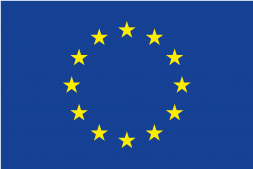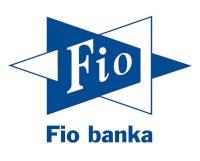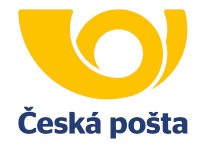Goods in action
Need help choosing,
advice on transport or payment?
Use the chat or contact form.
We will be happy to help you.
We deliver throughout the European Union.


| List Number: | 31598 |
| EAN: | 9788074333811 |
| Warranty: | |
| Manufacturer: | Víkend |
| Price excluding VAT: | 359,20 CZK (14,97 €) |
The testimony of Henryk Schönker reveals a surprising fact - the city of Auschwitz could have become the starting point for the mass emigration of Jews and not the place of their extermination. The documents confirm this startling revelation.
Immediately after its publication, the book caused numerous controversies because, among other things, it also describes the activities of the emigration office in Auschwitz, whose head was Henryk's father, Leon Schönker. This office was supposed to prepare and register Jews for mass emigration to Palestine. By virtue of his position, his father often dealt with the Germans and was also delegated to Berlin, where he talked with Adolf Eichmann and others about the course of emigration. This information was very shocking for the readership, but also for the historians themselves.
Paradoxically, the office was created as one of the first directly in Auschwitz, which a few years later became the site of the largest extermination of Jews. There was no mass emigration because the Western powers did not want to accept Jews. Only a few Jewish families succeeded in emigrating, and they received permission to leave mostly at the invitation of relatives.
The Schönker family moved several times during the war to escape transport, but were eventually imprisoned in the Bergen-Belsen camp. Here, Leon Schönker painted portraits of SS men, which helped him and his family survive in the otherwise terrible conditions of the camp. In the winter of 1944–1945, the prisoners were moved to other camps. The Schönkers boarded the transport, which, however, did not reach its destination due to the bombing and the retreat of German troops, and was liberated at the end of April 1945 near Dresden. After the war, the family returned to Auschwitz to find that it was the only Jewish family there to survive the war. Thanks to luck and a strong will to survive.
With a touching personal style, Henryk Schönker chose to focus on how life can defy destruction, how spirituality can protect physical existence and how real the presence of higher forces can be if one never loses faith.
His story was made into the award-winning documentary Touch of an Angel, directed by Marek T. Pawłowski.















